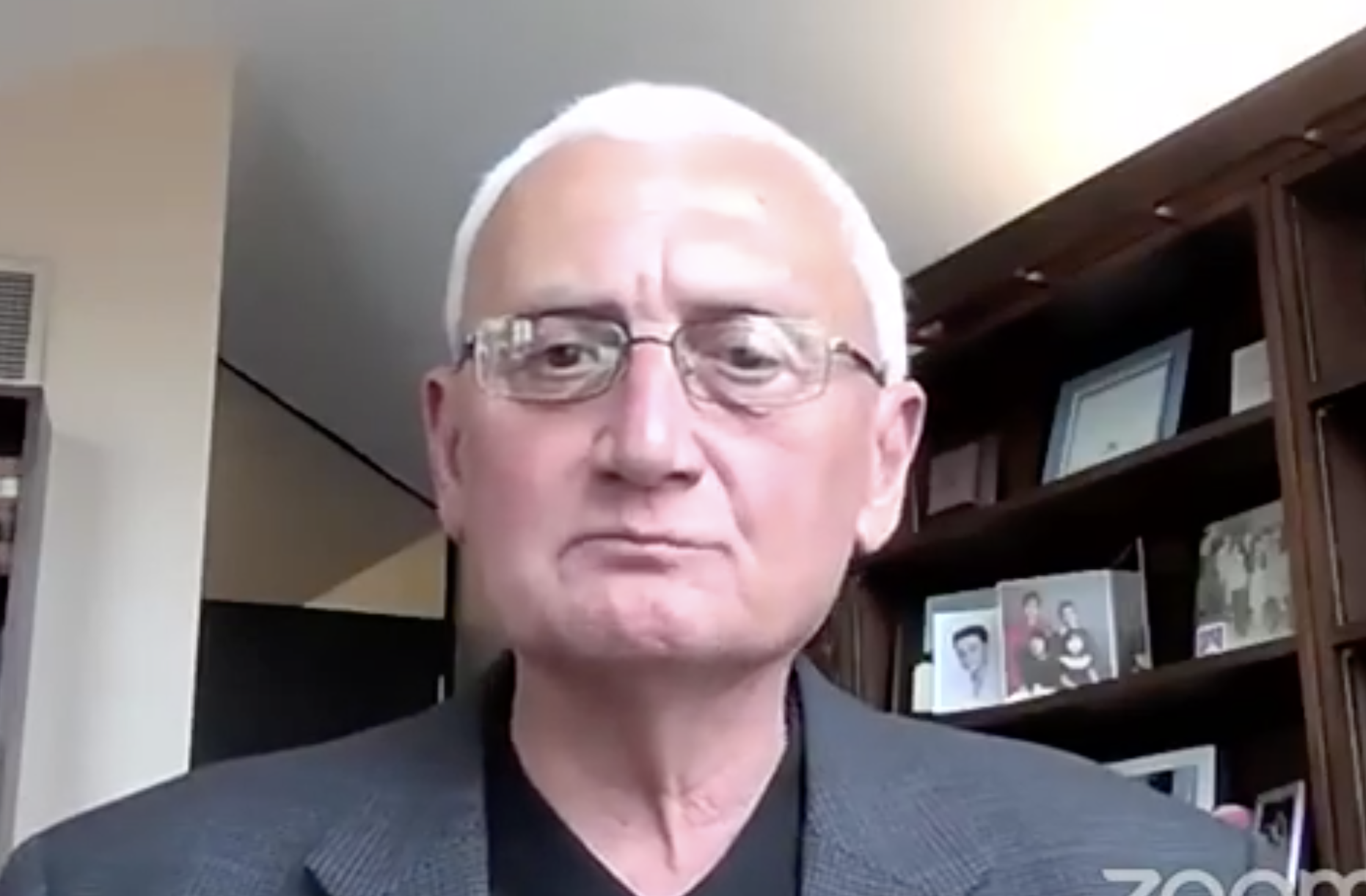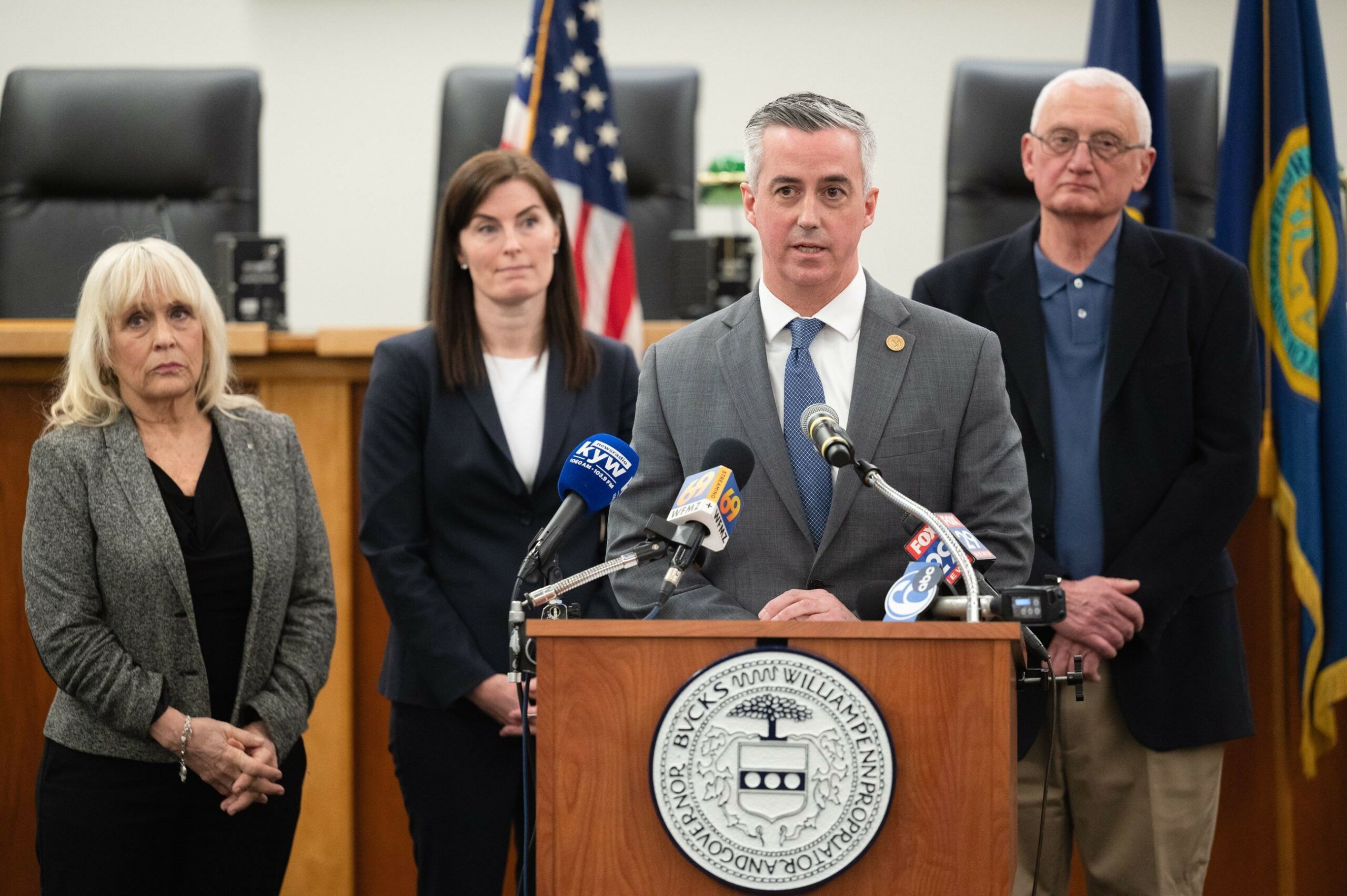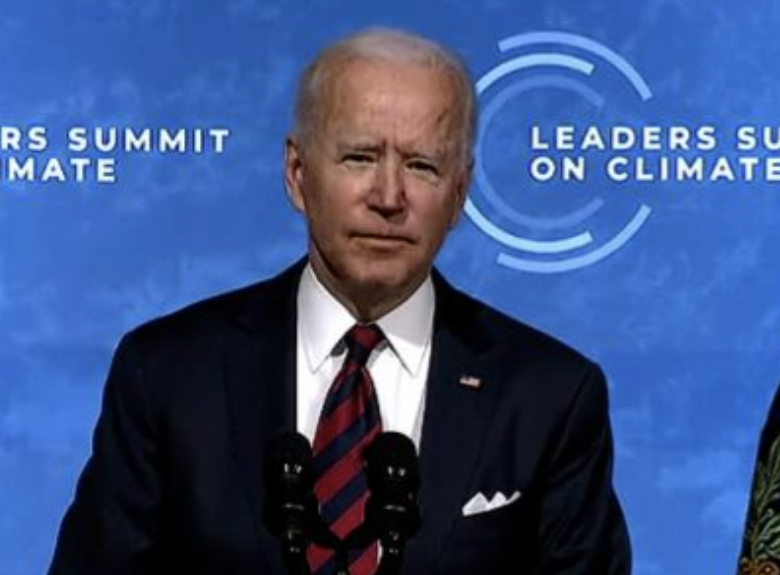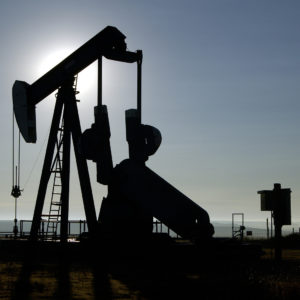Bucks Commissioner DiGirolamo Withdraws Support for County Lawsuit Targeting Big Oil

Last month, the three Bucks County commissioners entered the national debate over climate policy by filing a lawsuit against the world’s major oil companies, blaming them for local damages allegedly caused by global warming. It’s part of a coordinated strategy by green activists hoping to use local courts to either damage the fossil fuel industry or force a massive payout similar to the tobacco industry settlement in 1998.
On Wednesday, Republican Commissioner Gene DiGirolamo backed out.
“Madame Chair, I have considered this for the past seven or eight days,” said DiGirolamo. “And at this point, I would like to withdraw my support for the lawsuit.”
There was some scattered applause from the audience.
Bucks County is far from alone. Similar lawsuits have been filed by state and local jurisdictions from Hawaii to California to Delaware. In Wilmington, a Superior Court judge set aside key elements of the lawsuit attempting to declare global energy companies a “public nuisance” in The First State.
Critics of the aggressive litigation strategy say it’s intentionally abusing the legal system by forcing a federal issue into state courts. In response, 20 state attorneys general this week asked the U.S. Supreme Court to intervene.
During public comment, Bucks County resident Ed Mackhouse said the oil companies are being sued because they have money and not because they bear responsibility for “the climate hoax.”
“Where is this coming from that Bucks County is going to sue oil companies?” asked Andy Warren, a former Bucks County commissioner. “We’ve got to have more substantial things about Bucks County than to start a crusade about oil companies.”
Warminster resident Beth Curcio said, “I’m not surprised you would look for the press by suing the oil companies. The very companies that make your clothes, shoes, furniture, heat your homes, run all your transportation — I could go on forever. Over the years it’s become cleaner and safer to transport through pipelines.”
DiGiralomo could not immediately be reached for comment.
In response to complaints about the use of county resources, Chair Diane Ellis-Marseglia said the lawyers handling the lawsuit against the oil companies are working on a contingency basis so the county will not have to pay legal fees unless it wins damages.
Vice Chair Robert Harvie Jr. pushed back on the criticisms from the public, as well asDiGirolamo’s announcement.
“A comment was made, ‘Why does this matter?’
“It matters because… in the next 16 years, Pennsylvania municipalities are expected to spend $16.5 billion to deal with issues regarding climate change, extreme heat, extreme precipitation, rising sea levels, or, in our case, river levels. That includes $1.2 billion in air conditioning in schools, including $6 million in air conditioning added to schools just in Bensalem Township.”
Harvie said towns that border the Delaware River could spend $172 million on flood control.
“We’ve already seen a 5 to 10 percent increase in rainfall over the past several years,” he said. “It’s really about a negligence issue.”
However, Dr. Bjorn Lomborg of the Copenhagen Consensus Center and a leading academic on climate change policy says impacts from climate disaster have been overstated. He notes the number of hurricanes making landfall in the U.S. has declined over the past century and the relative cost of flood damage in America is one-tenth what it was in the early 1900s.
“The cost of climate-related disasters has dropped five-fold since 1980,” Lomborg adds.





